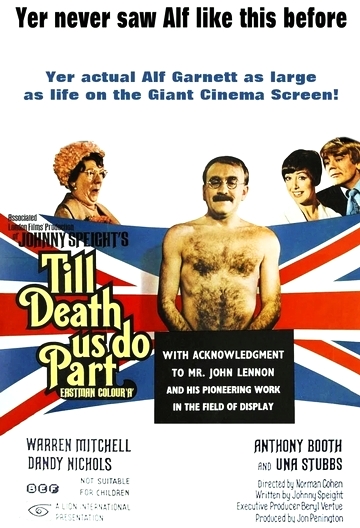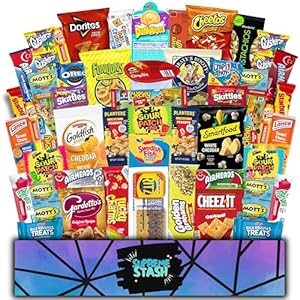
In 1968, there was £31 million of American money being spent in British film studios. In 1969, the total was down to £21 million. In 1970, the amount was just £13 million – and it continued to decline to a negligible amount.
The British film industry was floundering into the 1970s, with multi-million pound films like Fred Zinnemann’s Man’s Fate, starring David Niven, cancelled, and the great studios – MGM Borehamwood, Elstree and Shepperton – closed or closing.
So, when the first On the Buses film made a cool £1 million at the box office in 1971, after costing less than $100,000 to produce, the ailing British film industry sat up and took notice.
Movie spin-offs from successful television shows arrived at just the right time.
Till Death Us Do Part had the third largest box-office receipts in the UK for 1970, taking an estimated £1 million at a cost of less than £300,000.
In 1971, On the Buses was the second-highest-grossing film, behind The Aristocats, which also grossed a million – but, most significantly, it cost under £100,000 to make.
With Up Pompeii and Dad’s Army coming in eighth and 10th and each costing under £200,000, it was obvious what kind of films would be made in Britain in 1972.
Film versions of popular television series started pouring out. At Pinewood Studios, Bless This House and Never Mind the Quality, Feel the Width were just some of the 20 or so films in the second wave of TV spin-offs.
Entering Pinewood Studios past the impressive Tudor frontage (mock, of course) on any given day, you might find the blue Rolls-Royce of Reg Varney in the car park. At the time, Varney was the hottest British film property since Sean Connery cashed in his Bonds.
As well as having a follow-up to On the Buses and Mutiny on the Buses planned, Varney was filming (without the bus crew) The Best Pair of Legs in the Business and The Fallguy.

As you roamed around, you would eventually see most of the top television comedy stars. Jimmy Jewel and Hylda Baker filming Nearest and Dearest; Bill Fraser and Raymond Huntley making That’s Your Funeral; Irene Handl and Wilfred Pickles working on a movie version of For the Love of Ada while Frankie Howerd and assorted familiar faces were working on another Up film.
Dad’s Army marched out to join Please Sir!, Steptoe and Son, Till Death Us Do Part and The Garnett Saga, plus the Monty Python film And Now For Something Completely Different and, in a non-comedy vein, Doomwatch and Henry VIII and His Six Wives.
Coming in to make films of their television series were the stars of Father, Dear Father, The Lovers, Both Ends Meet, Love Thy Neighbour, Budgie and Ooh, You Are Awful (with Dick Emery). They were even making films of Callan and Man at the Top.

In 1971, 182 million tickets were sold at the 1,510 cinemas in Great Britain (43 cinemas fewer than in 1970). Despite a fall of 17 million in attendances compared with the previous year, the cinemas got back about the same £60 million from increased prices and sales. Ten years ago, 500 million cinema tickets were sold annually, and 20 years ago, when television was in its infancy, the figure was 1,300 million.
By contrast, more than 20 million people watched a single episode of a popular series on television, and Britain’s TV industry turned over in excess of £200 million in 1972.
Trending Products


![NOW Country Classics: 90âs Dance Party[Lemon & Spring Green 2 LP]](https://m.media-amazon.com/images/I/61hVquUofcL._SL500_._SS300_.jpg)





